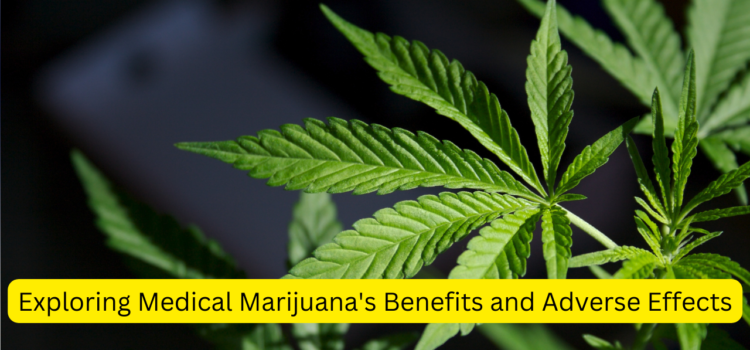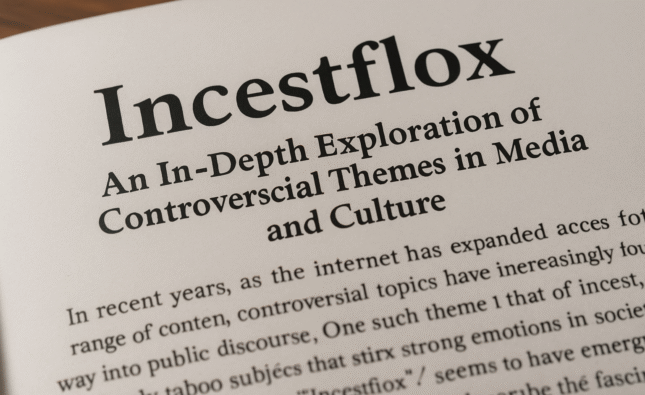Medical marijuana has emerged as a subject of intense debate and research worldwide. Proponents discuss its potential therapeutic benefits, while opponents raise concerns about its adverse effects and legal status. This article will delve into the landscape of medical marijuana by examining both its potential advantages and drawbacks.
Understanding Medical Marijuana
Medical marijuana refers to the medical use of the cannabis plant or its extract to reduce symptoms or treat various medical conditions. The cannabis plant contains hundreds of chemical compounds, and these two components are:
Tetrahydrocannabinol (THC)
This chemical is a psychoactive compound found in cannabis plants that is responsible for the “high” associated with marijuana use. Tetrahydrocannabinol (THC) interacts with specific cannabinoid receptors in the brain and body, which are concentrated in areas of the brain related to cognition, memory pleasure, coordination, and time perception.
Cannabidiol (CBD)
Unlike tetrahydrocannabinol (THC), cannabidiol does not produce psychoactive effects, which is the “high” experience for users. Instead, cannabidiol (CBD) is known for its medicinal benefits and its interaction with the body’s endocannabinoid system. This chemical compound found in cannabis plants has gathered significant attention for its potential therapeutic properties.
Therapeutic Potential of Medical Marijuana
Medical cannabis professionals are increasingly focusing on the potential advantages of medical marijuana. It is important to grasp and gain some understanding of its benefits, which are used in modern medicine.
Pain Management
One of the most widely recognized benefits of medical marijuana is its efficacy in pain management. Some medical cannabis doctors suggest that cannabinoids can reduce both acute and chronic pain by interacting with cannabinoid receptors in the brain and peripheral nervous system. This makes medical marijuana a promising alternative for patients suffering from neuropathy, arthritis, and cancer.
Neurological Disorders
Medical marijuana shows promise in the treatment of neurological disorders due to its neuroprotective and anti-inflammatory properties. Many medical cannabis doctors say that medical marijuana has the potential to reduce symptoms associated with epilepsy, multiple sclerosis, and Parkinson’s disease.
Cannabidiol (CBD) also shows effectiveness in reducing seizures and improving cognitive function in patients with epilepsy.
Mental Health
While the relationship between marijuana use and mental health remains complex, some research suggests that medical marijuana could offer therapeutic benefits for individuals with psychiatric disorders. Cannabidiol (CBD) has demonstrated antidepressant properties, offering relief to patients struggling with anxiety, depression, and post-traumatic stress disorder (PTSD).
Cancer Symptom Management
Medical marijuana has been shown to reduce symptoms associated with cancer and its treatment, including nausea, vomiting, and loss of appetite. The base medication, tetrahydrocannabinol (THC), has been approved by the FDA for chemotherapy to induce nausea and vomiting, providing patients with much-needed relief.
As medical marijuana offers therapeutic benefits, it is important to address the challenges and considerations associated with its use. By addressing its potential adverse effects and promoting patients’ education and access, we can minimize the associated risks.
Adverse Risk and Side Effects
While medical marijuana gives treatment options, it is not without drawbacks. The psychoactive compound tetrahydrocannabinol (THC) that is present in marijuana can reduce a range of adverse effects, including:
Cognitive Impairment
Regular use of marijuana, especially in adolescents, has been associated with impairments in memory, attention, and decision-making skills. Using marijuana in the long run may lead to long-term cognitive deficits, affecting academic and occupational performance.
Respiratory Issues
Smoking marijuana can result in respiratory problems, including chronic bronchitis and respiratory infections. Inhalation of marijuana smoke exposes the lungs to harmful substances and increases the risk of respiratory complications.
Psychiatrist Symptoms
Marijuana use has been associated with an increased risk of developing psychiatric disorders, including schizophrenia, psychosis, and anxiety disorders. Individuals with a tendency to have mental health conditions may experience worse symptoms with marijuana use.
Addiction Potential
While the risk of potential dependence on marijuana is lower compared to other substances, some individuals may develop a psychological dependence on the drug. Long-term and extreme use of marijuana can lead to addiction, and users can experience cravings, withdrawal symptoms, and difficulty quitting.
Impaired Motor Function
The strong effects of marijuana, especially tetrahydrocannabinol (THC), can weaken coordination, balance, and motor skills. These may increase the risk of accidents, injuries, and impaired driving ability and create significant safety concerns.
Patients, healthcare professionals, and policymakers need to approach the use of medical marijuana with caution. Proper education and monitoring protocols should be applied to minimize the potential risk of marijuana use. Individuals considering medical marijuana as a treatment option should know its benefits against possible effects and consult with healthcare professionals.
Balancing Risk and Benefits in Healthcare Choices
Medical marijuana represents a complex and different issue with both potential risks and benefits. As with any medical treatment, patients and healthcare providers should weigh the risks and benefits of medical marijuana carefully.
Further research and education are essential to fully understanding the role of medical marijuana in modern healthcare and ensuring its safe and effective integration into medical practice.
For more information visit our homepage.






